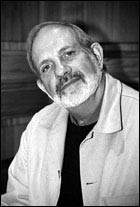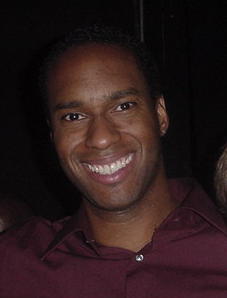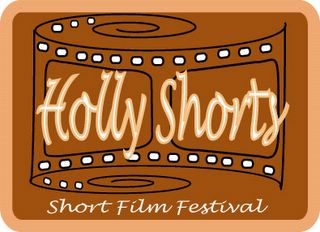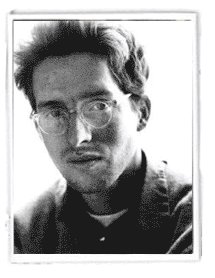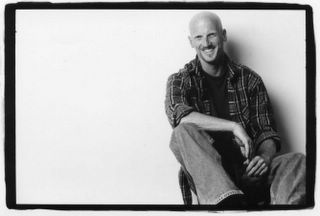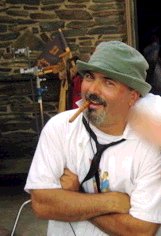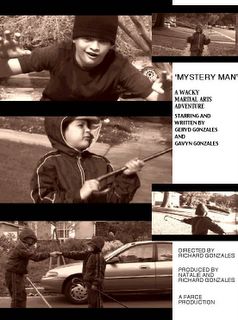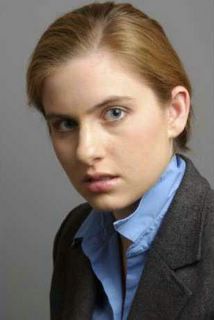
Film Synergy had the opportunity to sit down with Producer Jennifer Hope Clary. Amazing she could fit it into her schedule, one that includes reading over 50 scripts a month. Thank you Jennifer. It’s not often one gets the inside scoop from a producer’s mind. All writers, actors, and directors get ready for this one.
FS: How did you get started producing films? When did you realize that producing films was a passion of yours?
JHC: I’ve been a producer for five years. I started out as a stage actress and met my partner Kevin Haberer when we were both performing at the Dallas Shakespeare Festival. He was already hooked on filmmaking. He introduced me to the technical end of filmmaking (for which I have little talent and patience to be honest). However, I wanted to create films and had a knack for writing, budgeting, hiring, etc… Naturally, this led to producing. Kevin and I teamed up to form jenkev productions
http://www.jenkevproductions.com/ He operates the technical end of our business and I produce and market our projects. I am also frequently contracted out by other companies and individuals now to produce films, commercials, and other media presentations since I have established myself in the industry.
FS: What has been the range of budgets of the films you have worked on?
JHC: Most of the films I produce have a budget of under one million.
FS: How do you go about selecting the material you would like to produce? Are part of a team or production company? Please elaborate on this part of the process for us.
JHC: I receive screenplays from writers, directors, and production companies who want me to produce their work. Out of fifty or so screenplays I read monthly (and I actually do read them unless the first twenty pages put me to sleep) I might find one that really catches my eye. The best screenplays have a clear beginning, middle, and end and well developed characters. I’m partial to mysteries and dramas but that’s just me. I strongly consider any well conceived screenplay with an interesting plot regardless of genre. If I like a screenplay I contact the person or organization who sent it to me and have a preliminary discussion. This basically involves me recommending certain rewrites, finding out if any talent is already in place, and discussing what the estimated budget will need to be. At this point I decide if I want to work with these people. If I like a screenplay but the director is snappy on the phone and the writer throws a fit when I recommend rewrites then the deal is instantly off.
Since I am also the co-owner of a production company, I produce at least one film that is strictly a “jenkev production” annually. This means that Kevin and I find a story or come up with an idea that we would like to see onscreen. Then we usually contract a writer we enjoy working with to write it for us. This is always a joy for me since I get to see a project that I am personally invested in brought to life.
FS: What do you expect from your director, crew, and actors during your production?
JHC: Efficiency, preparedness, and hard work.
FS: Please tell us about some recent projects of yours, including the success of your feature film, “Discover Me.”

JHC: jenkev’s most recent feature, Discover Me, just received the Grand Goldie Award. It’s exciting to have your work recognized by the film community. Discover Me was an experimental feature about three internet relationships in NYC that was shot on a very low budget so we were thrilled to win the award. Also, the film pioneered a new camera mount invented by Kevin, so we were excited to see his innovation pay off. Information about Discover Me and other jenkev projects is available online at
http://www.jenkevproductions.com/ My producing bio, resume, and reel are at
http://www.producer.jenkevproductions.com/FS: What is your next challenge to help you take your career to a higher level?
JHC: Right now I am in the process of developing a television program to promote animal awareness and to increase adoptions in the Dallas/Ft. Worth area. I am a huge animal lover and wanted to produce a series to support local animal shelters. When I am not working on my new series, I am reviewing scripts or working as a freelance producer. In the past month I have been a field producer for the PBS show Moneytrack as well as for former A&E producer/writer Helen Hood Scheer on her current documentary project about competitive jump rope. I am also in pre-production for a short film about a reality television show which goes horribly wrong. Information about all of these projects will be made available online at
http://www.jenkevproductions.com/ once they go into production.
FS: When it's the end of the day and it's time to rest, having done what during your day makes it easier to close your eyes and fall asleep?
JHC: Daily exercise gives me the energy to work long hours and makes it easier to sleep at night. Also, I make a point of spending quality time with my fiancé Kevin, parents, and two pets almost every day. Even if it’s just a quick phone conversation, knowing that I’ve checked in with my family makes it easier to accomplish the work that needs to get done and makes sleep possible at the end of the day.
